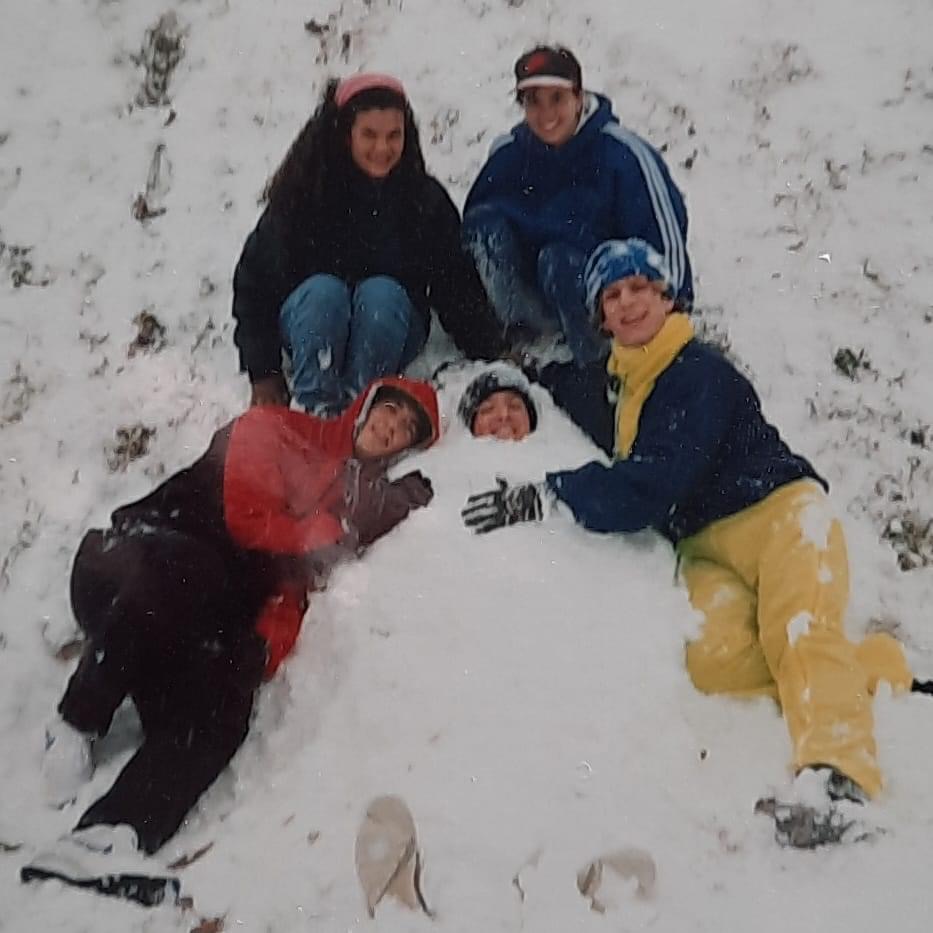Written by Isabelle Hendrich, Editor in Chief
DAYTON, TN – As she walked into the crowded cafeteria, her once hungry stomach began to hurt as her whole body became tense. How can I get people to like me? How can I start a conversation with someone? Thankfully, after a few minutes of searching, she finds someone she knows to sit with, but her mind drifts. I have to study for that math test this afternoon. If not, my GPA could be slightly lowered.
While Bethany Thimell, a sophomore English major, still occasionally has feelings of anxiety, the Bryan College Counseling Services (BCCS) has helped her overwhelmingly anxious feelings lesson.
The Bryan College Counseling Services (BCCS) at Bryan College is located in Latimer 300, which is on the 3rd floor of Latimer next to the Prayer Room. Sessions are free for students and there is no limit of how many sessions students can receive.
To sign up for a session, there is a google form students are asked to fill out before they officially sign up for a time to meet. To access this form, click here. Two other ways this form can be accessed is by going to the Counseling Services web page at https://www.bryan.edu/campus/campus-services/counseling-services/ or go to mybryan.edu under resources and then student life. A response normally takes 1-2 business days.
The BCCS has three full time staff members and one intern, Torie Ballard, who is a current graduate student at Richmont Graduate University. Nathen Harris, along with being one of the full time counselors, is the director of counseling services. Rachel Pacurari and Jenna Eastwood are the other two full time counselors.
“What really helped was changing my view of anxiety, because she (Jenna) was saying, as humans, we all have different parts of us, and thinking of anxiety as the part that is triggered when we have a perceived threat, so it is trying to protect us . . . God, He wants us to do everything to bring honor to Him, but that means establishing a limit on what you do,” Thimell said.
To destress from the busyness that school brings, Thimell said she likes to exercise, taking breaks in between assignments and listening to worship music. Thimell also likes to read before bed and write for fun.
Pacurari mentioned that struggling with mental health is not a weakness or lack of deficiency but that people are all broken and struggle with different aspects of life, especially college. There is a lot of adjustment that happens in college with moving away from home and most students struggle being away from their families and finding their own identities. “There’s just a lot going on, so it can be a very pivotal time to seek support and care,” Pacurari said.
“One of the things I really try to stress is that mental health is just as important as physical health. Just as it is important for people to go to a doctor when they are not feeling well or even just to go into a check up once a year, it’s good to go into a therapist or to have a community that’s checking in on your mental health,” Harris said.
From the Penn State Center for Collegiate Mental Health Inventory, Harris shared that students enrolled in counseling and an extracurricular activity were 51% less likely to withdraw from school.
“I think making sure to be involved in some kind of community is important because it is so easy when you are feeling anxious or depressed to want to withdraw. Just having a group, a team or a club or some sort of group outside to connect with because as humans, we are relational creatures,” Harris said.
Harris and Pacurari also stressed the importance of sleep, connection, working out, or spending time with friends to help with the stress that college life brings.
“I favor approaching anxiety from a holistic perspective, so I find that reducing anxiety, it’s not like one thing is the magic pill, but often it takes preventive measures,” Pacurari said.
When asked about how students can deal with grief or help someone who is grieving, Harris and Pacurari both mentioned that it is important to understand how grief works by learning about it. There is always so much pressure about what someone is to say to someone else who is grieving, but both counselors said that most times, a person’s presence can be more important than their words.
“Recognizing grief is not a diagnosis and grief is part of being human. Grief is a part of our own response to loss,” Harris said.
Harris and Pacurari said that people who have experienced grief do not often remember what someone said to them, but how their presence made them feel. A hug or a pat on the back goes a long way. Often people experiencing grief do not want someone to offer a solution or try to fix their pain. This is not to negate that sometimes words can be said, but they may not be the most helpful in certain situations.
“Your presence is so powerful even looking at research at coregulation, just having someone there with you to move through the grief and the pain can be so healing and regulating for people,” Pacurari said.
While community has become a buzzword at Bryan, Pacurari mentioned that for graduates, it can feel like a tremendous shock leaving Bryan especially if they have had a good community. Harris and Pacurari both expressed the importance of finding a community after college because there has been a trend of students having depression after graduating. Even with small steps, making friends is a good aspect for a person’s mental health. Once someone graduates, they do not have to have their whole lives figured out.
“I think being gentle with ourselves and taking baby steps in addition to community is important. I would say if you are experiencing the anxiety of what people think of me, you are not alone in that,” Harris said.
Relating to social media, both counselors expressed the fact that face to face conversations are important and good, even though today’s world, it can be scary.
“It’s important to remember that your worth and your identity is being beloved and that you were made in God’s image, which is worth that is given, not received. So if you are rejected for being vulnerable, that’s okay,” Pacurari said.
Upcoming events hosted by the BCCS include a workshop on eating disorders with Focus Treatment Centers that will be held on Wednesday, Feb. 22. In March, Dr. Youngs and his wife, Mrs. Youngs, will be involved with a workshop on trauma. In April, there will be a workshop on change, particularly geared to students who are graduating. Harris will also be speaking in chapel in April. Specific dates will be announced on mybryan.edu.
If anyone would like a counselor to talk to an athletic team, club or academic workshop, feel free to contact them through email or the form specified at the beginning of this article. For more resources, see their website page at bryan.edu/campus/campus-services/counseling-services. If someone is having a mental health emergency, the U.S. national suicide and crisis lifeline is 988.

Isabelle Hendrich is a senior communication major and history minor at Bryan College. Besides running, Hendrich likes to read and do crafts. She is a triplet whose siblings, Benjamin and Savannah, are also attending Bryan College.






